






Seasons in Malibu
Verified Center
This provider's information has been quality-checked by Recovery.com's Research Team for accuracy and completeness, including center verification through appropriate third-party organizations.
Treatment Focus
This center treats substance use disorders and co-occurring mental health conditions. Your treatment plan addresses each condition at once with personalized, compassionate care for comprehensive healing.
Primary Level of Care
Offering intensive care with 24/7 monitoring, residential treatment is typically 30 days and can cover multiple levels of care. Length can range from 14 to 90 days typically.
Treatment Focus
This center treats substance use disorders and co-occurring mental health conditions. Your treatment plan addresses each condition at once with personalized, compassionate care for comprehensive healing.
Primary Level of Care
Offering intensive care with 24/7 monitoring, residential treatment is typically 30 days and can cover multiple levels of care. Length can range from 14 to 90 days typically.
Provider's Policy
Seasons In Malibu's counselors are standing by to check your insurance. They accept most PPO Insurance plans on an out of network basis. They DO NOT accept Medicaid, Medicare, MediCal, or ANY state funded insurance providers.
Seasons in Malibu
Seasons in Malibu
About Seasons in Malibu
Set on the iconic Malibu coastline, Seasons in Malibu is recognized by Consumer Affairs as one of the world’s premier rehab centers. They are licensed to treat addiction and co-occurring disorders. Offering up to 65 one-on-one therapy sessions per month, led by doctorate-level therapists, their treatment is intensive and offers unparalleled depth. Aiming for lifelong healing, Seasons in Malibu treats the underlying factors of addiction and mental health—not just in their clients, but within the family system as a whole.
Move through a Seamless, Expertly-Coordinated Process
Treatment begins with an assessment and diagnosis, setting the stage for tailored care. Each client is supported by a 10-person recovery team, meeting weekly to fine-tune the treatment plan, including a personal advocate offering guidance at every step. Seasons offers medically-supervised detox, followed by treatment that addresses the underlying factors of addiction. Along with traditional therapies, Seasons offers advanced therapies like craniosacral therapy, neurofeedback, equine therapy, dream therapy, and more.
Restore Balance in Secluded, Coastal Luxury
Seasons in Malibu sits on a stunning 3-acre, resort-style property on a bluff overlooking breathtaking Matador Beach. Their private residences have spacious bedrooms and sweeping ocean or garden views. Gourmet meals are crafted by world-class chefs, while curated amenities abound—from yoga by the shore and scenic hikes to art therapy workshops and meditation gardens. They also weave the healing power of the ocean into treatment, including surfing, kayaking, and daily beach walks as part of the restorative experience.
Step Back into Everyday Life with Unwavering Support
Seasons in Malibu’s year-long aftercare program walks clients through the next phase of their recovery, offering real-world tools and a sense of connection. Clients continue working with trusted therapists who know their stories, while building strategies for relapse prevention, stress, and life skills. With options to join peer support groups, explore sober living options, or tap into yoga and nutrition counseling, aftercare is designed to help clients create a life they love.

Highlights from the Center
Highlights
These highlights are provided by and paid for by the center.
Perfect for Professionals
Doctorate Level One-On-One Therapy
Trauma-Informed Care
Private Rooms Available
Center Overview
Treatment Focus
This center treats substance use disorders and co-occurring mental health conditions. Your treatment plan addresses each condition at once with personalized, compassionate care for comprehensive healing.
CARF Accredited
CARF stands for the Commission on Accreditation of Rehabilitation Facilities. It's an independent, non-profit organization that provides accreditation services for a variety of healthcare services. To be accredited means that the program meets their standards for quality, effectiveness, and person-centered care.
Insurance Accepted
Cash Pay Rates
Estimated Cash Pay Rate
Center pricing can vary based on program and length of stay. Contact the center for more information. Recovery.com strives for price transparency so you can make an informed decision.
Luxury rehab centers offer a unique blend of luxurious amenities and high-quality treatment. From private suites to gourmet dining, personal trainers to spa treatments, these facilities provide a high level of comfort and discretion.

Meet Your Care Team

Sheila Shilati
Chief Operating Officer

Tiffany Towers
Clinical Director
Psy.D

Gregory Skipper
Program Advisor, Professionals Program
M.D.

Reuben Vaisman-Tzachor
Primary Therapist
Ph.D., FACFEI, DABPS, FAPA, DABCHS
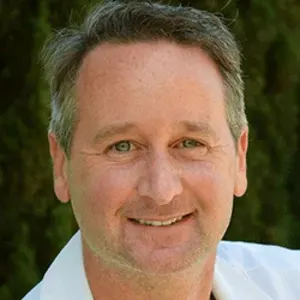
Damon Raskin
Internist and Detox Specialist
M.D.
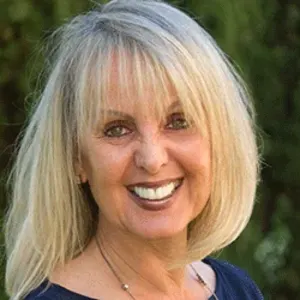
Nancy B. Irwin
Primary Therapist and Certified EMDR Specialist
Psy.D
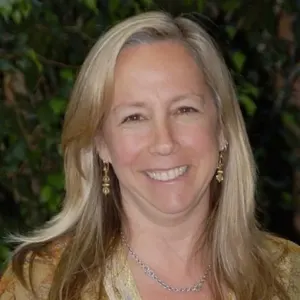
Jody Trager
Primary Therapist and AF EMDR Specialist
Ph.D.
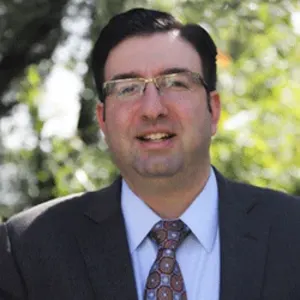
Matthew Goldenberg
Psychiatrist
D.O.
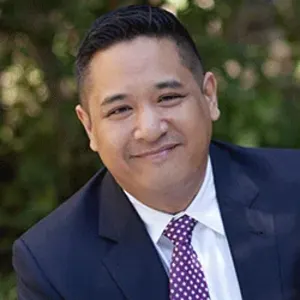
James Luzano
Psychiatrist
MD
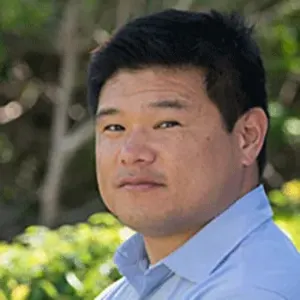
Benjamin Nakanishi
Primary Therapist
Psy.D
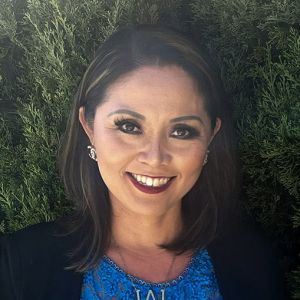
Whillma Quenicka
Primary Therapist and EMDR Practitioner
Ph.D., M-RAS, MS, MA
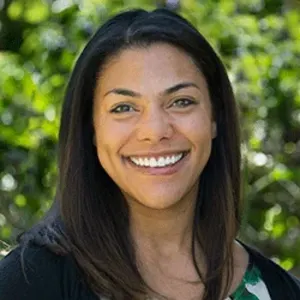
Jennifer Tippet
Primary Therapist and Consultant
Psy.D
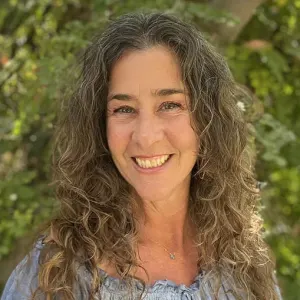
Lynda McCloskey
Somatic Practitioner
SEP
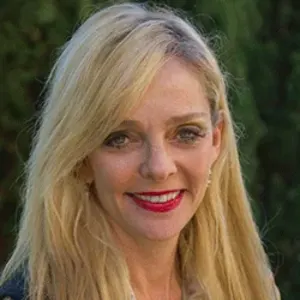
Audrey Hope
Spiritual Advisor
RASi
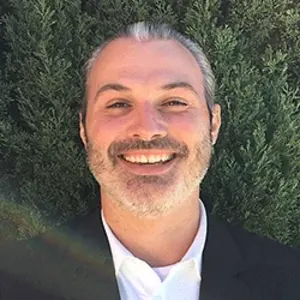
Michael Malone
Case Manager
M.A., AMFT, APCC

Aga Pedroso
Case Manager
M.Sc., M-RAS, DCP, TQUKDC
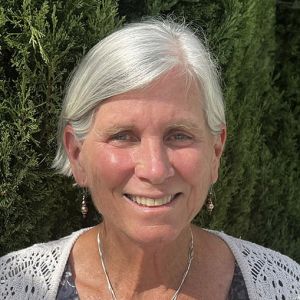
Teri Terusa
Psychotherapist, DBT, EMDR & Brainspotting Specialist
M.A., LCSW
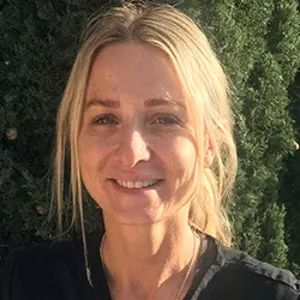
Ashley Stavinou
Nurse
LVN II
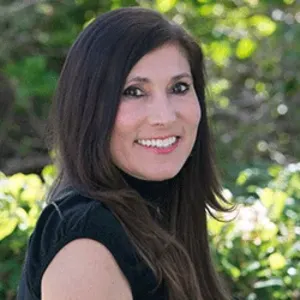
Barbara Carey
Hypnotherapist
CHT
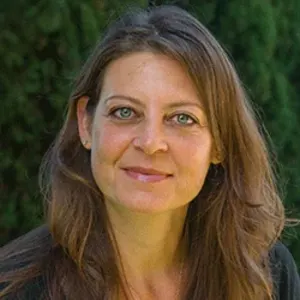
Rachel Orselli
Acupuncturist
LAc
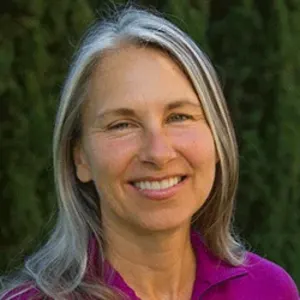
Lisa Carmichael
Yoga & Craniosacral Therapy
RCST, LMT, RYT
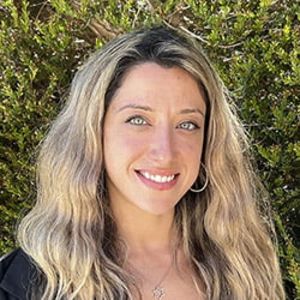
Eden Rambod
Case Manager
MA
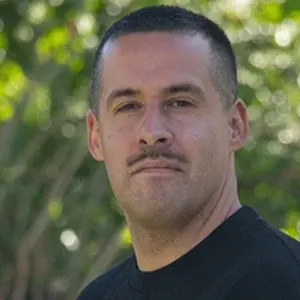
Nick Latu
Chef
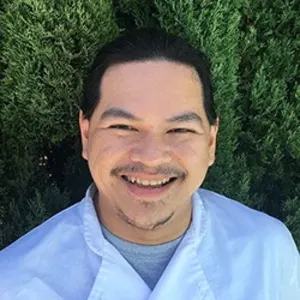
Erigo Arboleda
Chef
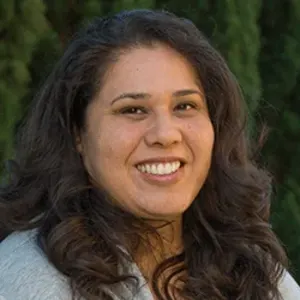
Hortensia Valencia
Massage Therapist
CMT

Ako Eyong
Art Therapy
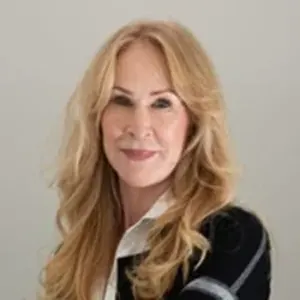
Erin O'Bryan
Certified Health Coach
CHT




Levels of Care









Your Care Options
Specializations
Alcohol
Using alcohol as a coping mechanism, or drinking excessively throughout the week, signals an alcohol use disorder.
Co-Occurring Disorders
A person with multiple mental health diagnoses, such as addiction and depression, has co-occurring disorders also called dual diagnosis.
Executives
Executive treatment programs typically directly support the needs of people who manage businesses and may provide flexible schedules and office space to allow work during treatment.
Opioids
Opioids produce pain-relief and euphoria, which can lead to addiction. This class of drugs includes prescribed medication and the illegal drug heroin.
Professionals
Busy, high-ranking professionals get the personalized treatment they need with greater accommodations for work, privacy, and outside communication.
Who We Treat
Executives
Executive treatment programs typically directly support the needs of people who manage businesses and may provide flexible schedules and office space to allow work during treatment.
Young Adults
Emerging adults ages 18-25 receive treatment catered to the unique challenges of early adulthood, like college, risky behaviors, and vocational struggles.
LGBTQ+
Addiction and mental illnesses in the LGBTQ+ community must be treated with an affirming, safe, and relevant approach, which many centers provide.
Men and Women
Men and women attend treatment for addiction in a co-ed setting, going to therapy groups together to share experiences, struggles, and successes.
Midlife Adults
For adults ages 40+, treatment shifts to focus on the unique challenges, blocks, and risk factors of their age group, and unites peers in a similar community.
Professionals
Busy, high-ranking professionals get the personalized treatment they need with greater accommodations for work, privacy, and outside communication.
Approaches
Evidence-Based
A combination of scientifically rooted therapies and treatments make up evidence-based care, defined by their measured and proven results.
Holistic
A non-medicinal, wellness-focused approach that aims to align the mind, body, and spirit for deep and lasting healing.
Personalized Treatment
The specific needs, histories, and conditions of individual patients receive personalized, highly relevant care throughout their recovery journey.
Twelve Step
Incorporating spirituality, community, and responsibility, 12-Step philosophies prioritize the guidance of a Higher Power and a continuation of 12-Step practices.
Therapies
1-on-1 Counseling
Patient and therapist meet 1-on-1 to work through difficult emotions and behavioral challenges in a personal, private setting.
Meditation & Mindfulness
A practiced state of mind that brings patients to the present. It allows them to become fully aware of themselves, their feelings, and the present moment.
Animal Therapy
Animals can inspire trust and self-worth. In this experiential therapy, guided interactions are used to improve social skills and emotion regulation.
Art Therapy
Visual art invites patients to examine the emotions within their work, focusing on the process of creativity and its gentle therapeutic power.
Craniosacral Therapy
A practitioner uses light touch around the head, neck, and back to improve the flow of fluids in the central nervous system, relieving tension and pain.
Equine Therapy
Guided interactions with trained horses, their handler, and a therapist can help patients improve their self-esteem, trust, empathy, and social skills.
Experiential Therapy
With this approach, patients heal by doing. Therapists help patients process difficult emotions to speak, using guided activities like art or dance.
Conditions We Treat
Codependency
Codependency is a pattern of emotional dependence and controlling behavior. It's most common among people with addicted loved ones.
Substances We Treat
Alcohol
Using alcohol as a coping mechanism, or drinking excessively throughout the week, signals an alcohol use disorder.
Benzodiazepines
Benzodiazepines are prescribed to treat anxiety and sleep issues. They are highly habit forming, and their abuse can cause mood changes and poor judgement.
Chronic Relapse
Consistent relapse occurs repeatedly, after partial recovery from addiction. This condition requires long-term treatment.
Co-Occurring Disorders
A person with multiple mental health diagnoses, such as addiction and depression, has co-occurring disorders also called dual diagnosis.
Cocaine
Cocaine is a stimulant with euphoric effects. Agitation, muscle ticks, psychosis, and heart issues are common symptoms of cocaine abuse.
Drug Addiction
Drug addiction is the excessive and repetitive use of substances, despite harmful consequences to a person's life, health, and relationships.
Ecstasy
Ecstasy is a stimulant that causes intense euphoria and heightened awareness. Abuse of this drug can trigger depression, insomnia, and memory problems.
Heroin
Heroin is a highly addictive and illegal opioid. It can cause insomnia, collapsed veins, heart issues, and additional mental health issues.
Psychedelics
Hallucinogenic drugs—like LSD—cause euphoria and increased sensory experiences. When abused, they can lead to depression and psychosis.
Languages
Aftercare
Care Designed for Your Needs
Personal Amenities
Amenities
Special Considerations
Couples program
Using gentle clinical care, therapists guide patients and their partner through guided sessions to address issues and work towards lasting solutions.
Executive Program
Addiction and mental health treatment for executives typically involves high discretion, greater technology access, and more private, 1-on-1 care.
Flexible technology policies
Centers with flexible technology policies allow professionals to stay in touch with work and give patients a greater sense of connection and normalcy.
Gender-specific groups
Patients in gender-specific groups gain the opportunity to discuss challenges unique to their gender in a comfortable, safe setting conducive to healing.
Activities
Yoga
Yoga is both a physical and spiritual practice. It includes a flow of movement, breathing techniques, and meditation.
Off-Site Activities
Off-Site Amenities
What people are saying
Treatment
5.0
Accommodations
4.8
Food & Nutrition
4.5
Value
4.8
Pros
- Personalized (7)
- Luxurious Accommodations (6)
- Gourmet & Nutritious Food (6)
- Friendly & Competent Staff (6)
Jake G
Treatment in 2022 • (60 days) • Reviewed 07/02/24
Former Client
•Santa Monica
Max S
Treatment in 2023 • (90 days) • Reviewed 10/20/23
Former Client
•Student
Kate
Treatment in 2023 • (60 days) • Reviewed 06/02/23
Former Client
•Program Manager
•Washington, DC
Kevin
Treatment in 2024 • (60 days) • Reviewed 02/14/24
Former Client
•Personal trainer
•Washington dc
PM
Treatment in 2022 • (45 days) • Reviewed 01/03/23
Former Client
•Real Estate/ Finance






